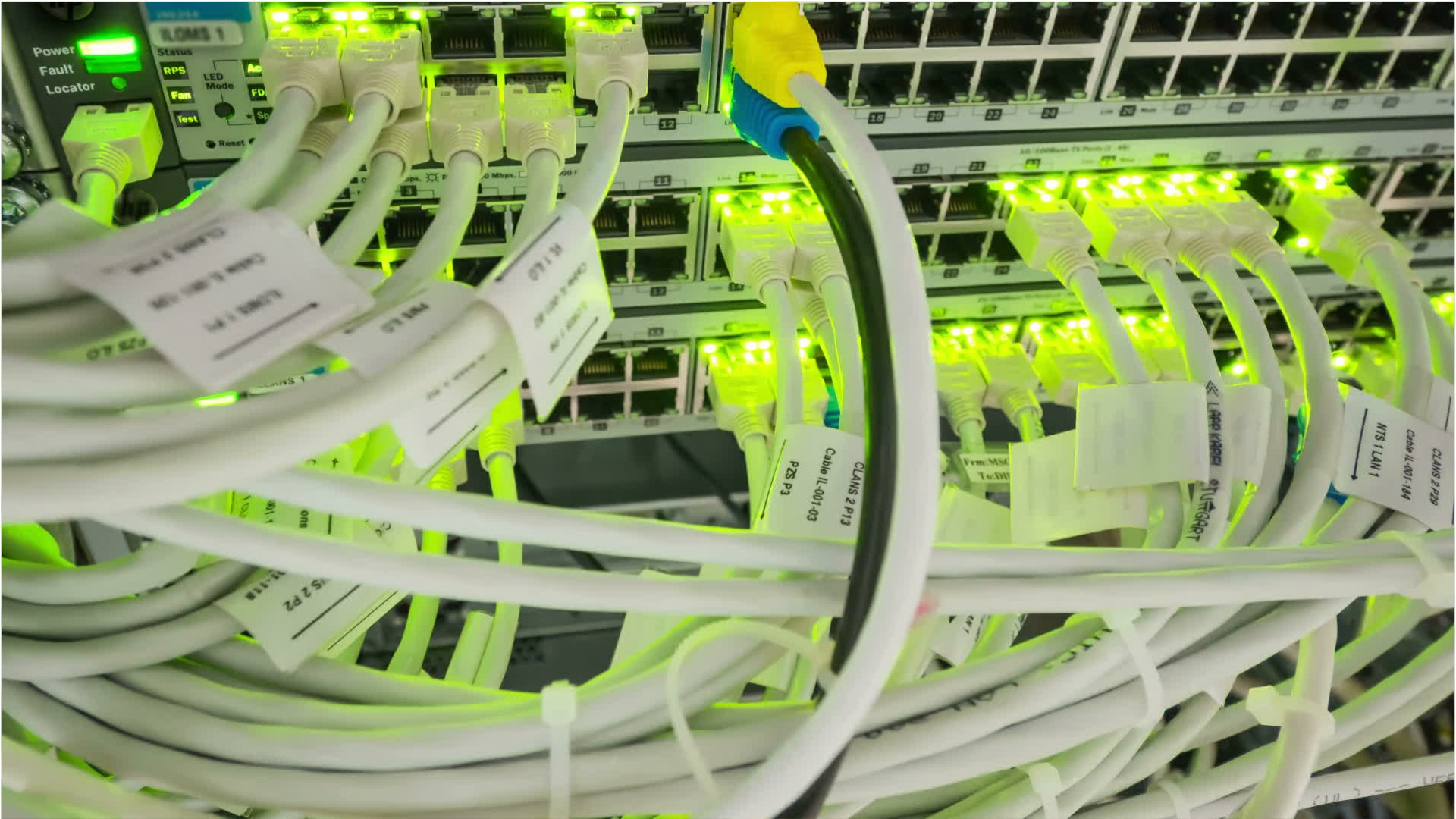Network & Computer Systems Administrators
Information Technology Specialist (IT Specialist), Local Area Network Administrator (LAN Administrator), Network Administrator, Systems Administrator
 Select a military branch to see samples.
Select a military branch to see samples.
Airborne Intelligence, Surveillance and Reconnaissance (ISR) Operator; Airborne Mission Systems Specialist Apprentice, MC-130P; Airborne Mission Systems Specialist Journeyman; Cryptologic Analyst and Reporter Craftsman; Cyber Defense Operations Apprentice, Security Operations; Cyber Defense Operations Journeyman, Expeditionary Communications; Cyber Warfare Operations Helper; Cyberspace Effects Operations, General (if Prefix P); Heavy Aircraft Integrated Avionics Helper, C4ISR Mission Systems (E-3, E-4, E-7, EC-130H, RC-135, VC-25); Special Reconnaissance Superintendent
Air and Missile Defense (AMD) Crewmember; AVENGER Crewmember (USAR/NG only); Cyber Capabilities Development Officer; Cyber Warfare Officer; Data Systems Engineering; Field Artillery (FA) Weapons Locating Radar (WLR) Specialist; Information Technology Specialist; Multiple Launch Rocket System (MLRS) Repairer; Radar Repairer; Signal Operations
Cyber; Cyber IT; Cyber Mission Specialist; Cybersecurity; Electronics Technician; Information System Technician; Information Systems Management
Aviation Data Analyst; Aviation Maintenance Data Specialist; Cryptologic Cyberspace Analyst; Cyberspace Warfare Chief; Data Systems Chief; Information Security Technician; Intelligence Surveillance Reconnaissance (ISR) Systems Engineer; Network Administrator; Network Engineering Officer; Tactical Air Operations/Air Defense Systems Technician
Access Network Operator; CI/HUMINT Cyber Specialist; Conversion NEC Information Systems Technician (Communications); CVN Propulsion Plant Local Area Network (PPLAN) Manager; Cyber Threat Emulation Operator (CTEO); Electronics Technician; Information Systems Technician (IT) (BL-0); LCS-1 (Freedom Variant) and LCS-2 (Independence Variant) Operations Specialist for ASTAC/TADIL/GCCS-COP; Navy Interactive On-Net (ION) Operator (Windows); Staff Communications Officer
No similar titles were found.
What they do:
Install, configure, and maintain an organization's local area network (LAN), wide area network (WAN), data communications network, operating systems, and physical and virtual servers. Perform system monitoring and verify the integrity and availability of hardware, network, and server resources and systems. Review system and application logs and verify completion of scheduled jobs, including system backups. Analyze network and server resource consumption and control user access. Install and upgrade software and maintain software licenses. May assist in network modeling, analysis, planning, and coordination between network and data communications hardware and software.
On the job, you would:
- Maintain and administer computer networks and related computing environments, including computer hardware, systems software, applications software, and all configurations.
- Perform data backups and disaster recovery operations.
- Diagnose, troubleshoot, and resolve hardware, software, or other network and system problems, and replace defective components when necessary.
Knowledge
Engineering and Technology
- computers and electronics
- product and service development
Arts and Humanities
- English language
Business
- customer service
- administrative services
Communications
- telecommunications
Skills
Basic Skills
- reading work related information
- thinking about the pros and cons of different ways to solve a problem
People and Technology Systems
- figuring out how a system should work and how changes in the future will affect it
- thinking about the pros and cons of different options and picking the best one
Problem Solving
- noticing a problem and figuring out the best way to solve it
Abilities
Verbal
- read and understand what is written
- communicate by speaking
Ideas and Logic
- notice when problems happen
- order or arrange things
Math
- add, subtract, multiply, or divide
- choose the right type of math to solve a problem
Personality
People interested in this work like activities that include data, detail, and regular routines.
They do well at jobs that need:
- Intellectual Curiosity
- Cautiousness
- Integrity
- Attention to Detail
- Dependability
- Adaptability
Technology
You might use software like this on the job:
Web platform development software
- Django
- Microsoft ASP.NET
Data base user interface and query software
- Blackboard software
- ServiceNow
Network monitoring software
- Remote monitoring software
- Wireshark
Education
Education: (rated 4 of 5)
bachelor's degree or
associate's degree
usually needed
associate's degree
usually needed
Job Outlook
Below Average
New job opportunities are less likely in the future.
Explore More
- Computer Network Architects
- Computer Network Support Specialists
- Computer Systems Analysts
- Computer Systems Engineers/Architects
- Database Administrators
You might like a career in one of these industries:
See more details at O*NET OnLine about Network & Computer Systems Administrators.






